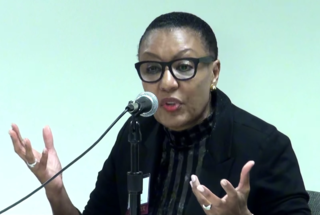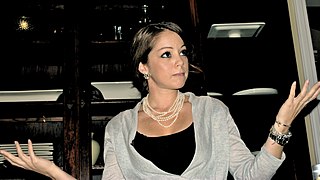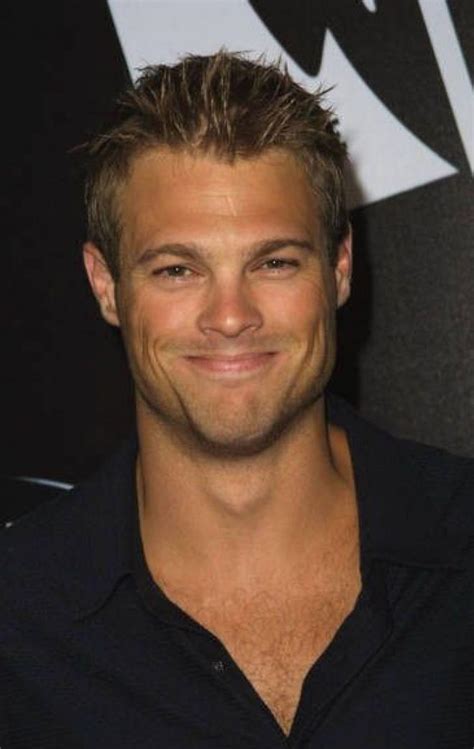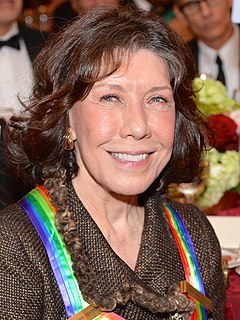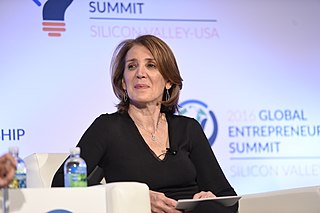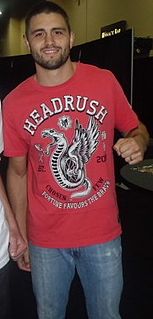A Quote by Hope Jahren
I grew up in a time when there were very few women in the physical sciences. And people started to ask me, 'How did you decide to become a scientist?' And I couldn't really answer. I always knew I'd grow up to have a lab because my dad had one.
Related Quotes
I had very supportive parents that made the way for me, even at a time when there were very few women - no women, really; maybe two or three women - and very few, fewer than that, African-American women heading in this direction, so there were very few people to look up to. You just had to have faith.
People ask me all the time, 'What do you do for Cinco de Mayo?' And my honest answer is always, 'When I was growing up in Mexico, nothing. Really, nothing. It was a school day. It was totally normal.' But when I grew up and started going to San Diego and started drinking margaritas, that's when Cinco de Mayo celebrations started for me.
I grew up bilingual, I grew up speaking Chinese in the home, Mandarin Chinese with my parents, and I learned English because I was born and raised in the U.S. That really gave me an edge. I understand that, from the experts, if you grew up bilingual, your brain kind of gets wired to accept a new language. It was a very serious deal because not only did I have to learn Russian to a high degree in order to function as a necessary member of the crew, but also I knew that the Russians that came over that made an effort and had some success in learning English, those were the folks we trusted.
I mean, I've always felt like a lot of people's misconceptions of me have to do with how I grew up. I grew up poor, and I grew up rich. I think some people who have never met me have a misconception that when I was living with my father when he was successful, that I was somehow adversely affected by his success or the money he had and was making at the time.
I knew from the time I was 6 or 7 that music was something I had to do. Growing up, my parents did everything they knew how to do to support me. My dad was always kinda my roadie; he drove me from gig to gig. But I got my own gigs. I was this 12-year-old kid, shuffling business cards, calling people, telling them I wanted to play.
I knew that to find and to feel Yoav again would be terribly painful, because of what had become of him, and because of what I knew he could ignite in me, a vitality that was excruciating because like a flare it lit up the emptiness inside me and exposed what I always secretly knew about myself: how much time I'd spent being only partly alive, and how easily I'd accepted a lesser life.
Philosophers often think all scientists must be scientific realists. If you ask a simple question like "Are electrons real?" the answer will be "Yes". But if your questions are less superficial, for example whether some well-known scientist was a good scientist. Then, they had insisted that only empirical criteria matter and that they actually did not believe in the reality of sub-atomic entities. Ask "If that turned out to be true, would you still say they were good scientists?" The answer would reveal something about how they themselves understood what it is to be a scientist.
We grew up as this family of deniers. And people who knew us for years were stunned when "The Great Santini" came out because we had this appearance of being this happy, large, smiling family. We were taught to smile, put the best face forward. And so when the book ended up - Dad swatting us around the room, no one believed me.
People hear my dad is involved in politics, and all of a sudden I went to private school and had a nanny. There's a misconception that my dad, that our family is some kind blue-blood family... If people knew my friends, talked to anybody I grew up with, knew anybody from my old neighborhood, they'd know that's really, really far from the truth.

